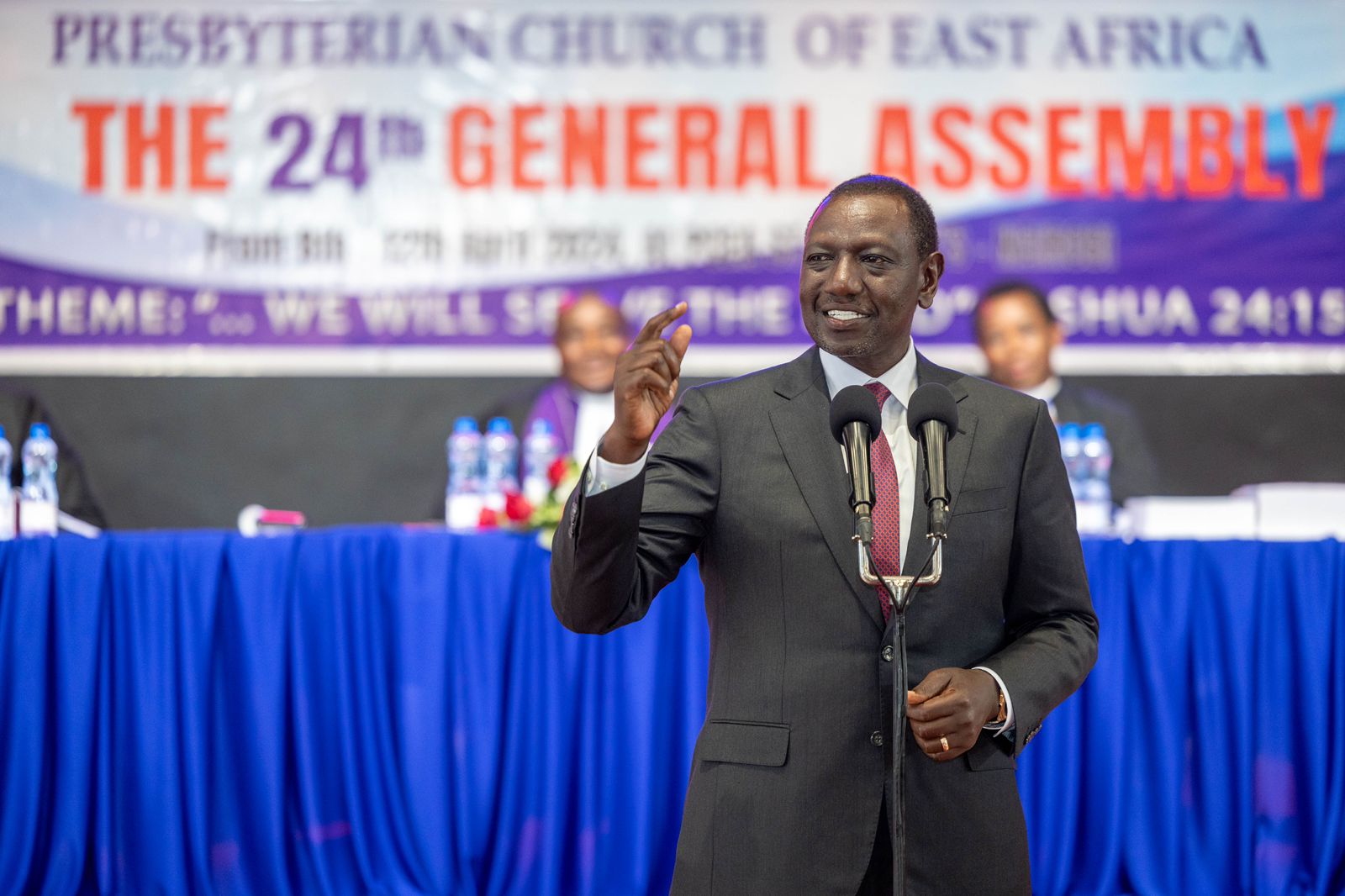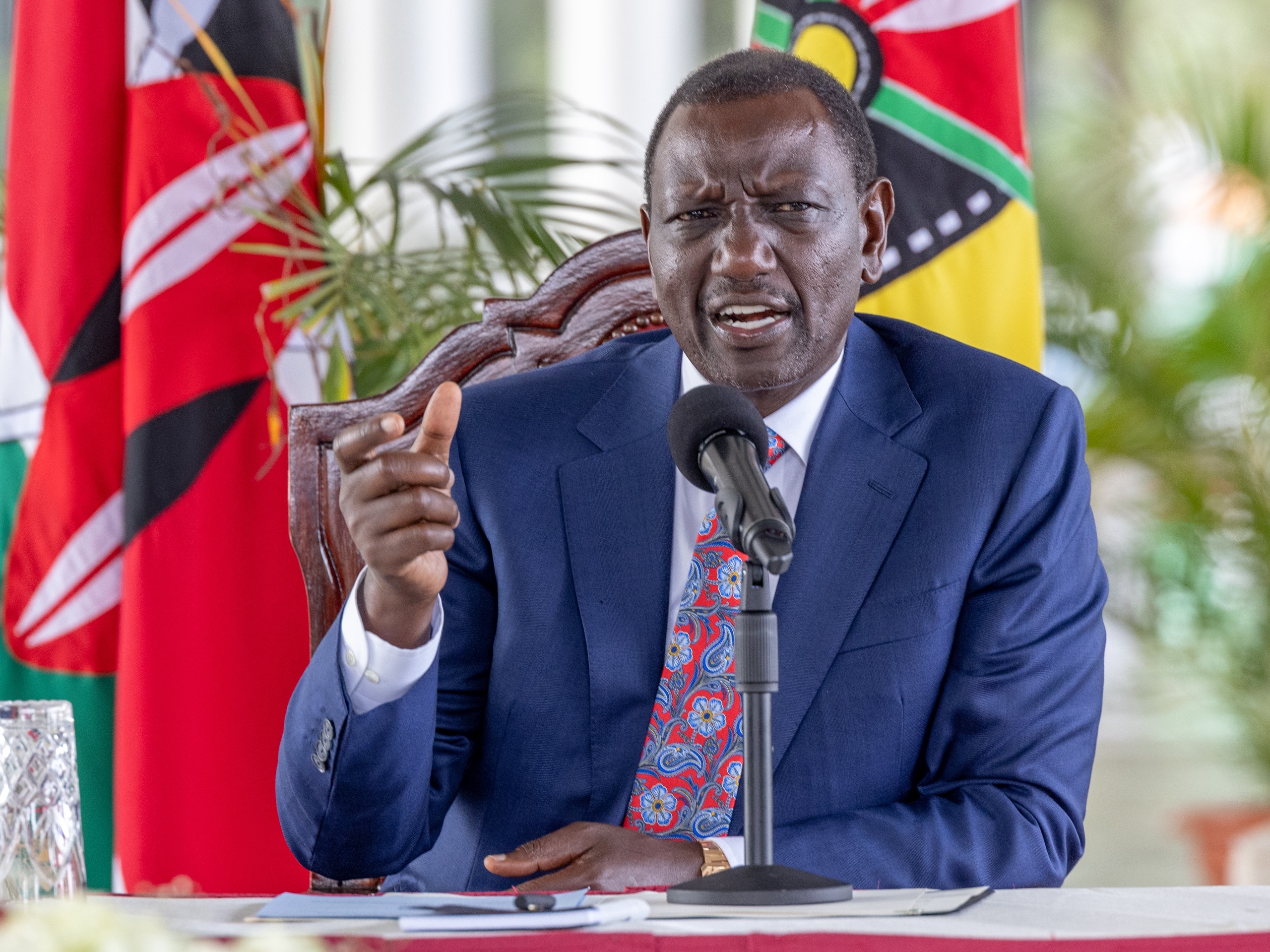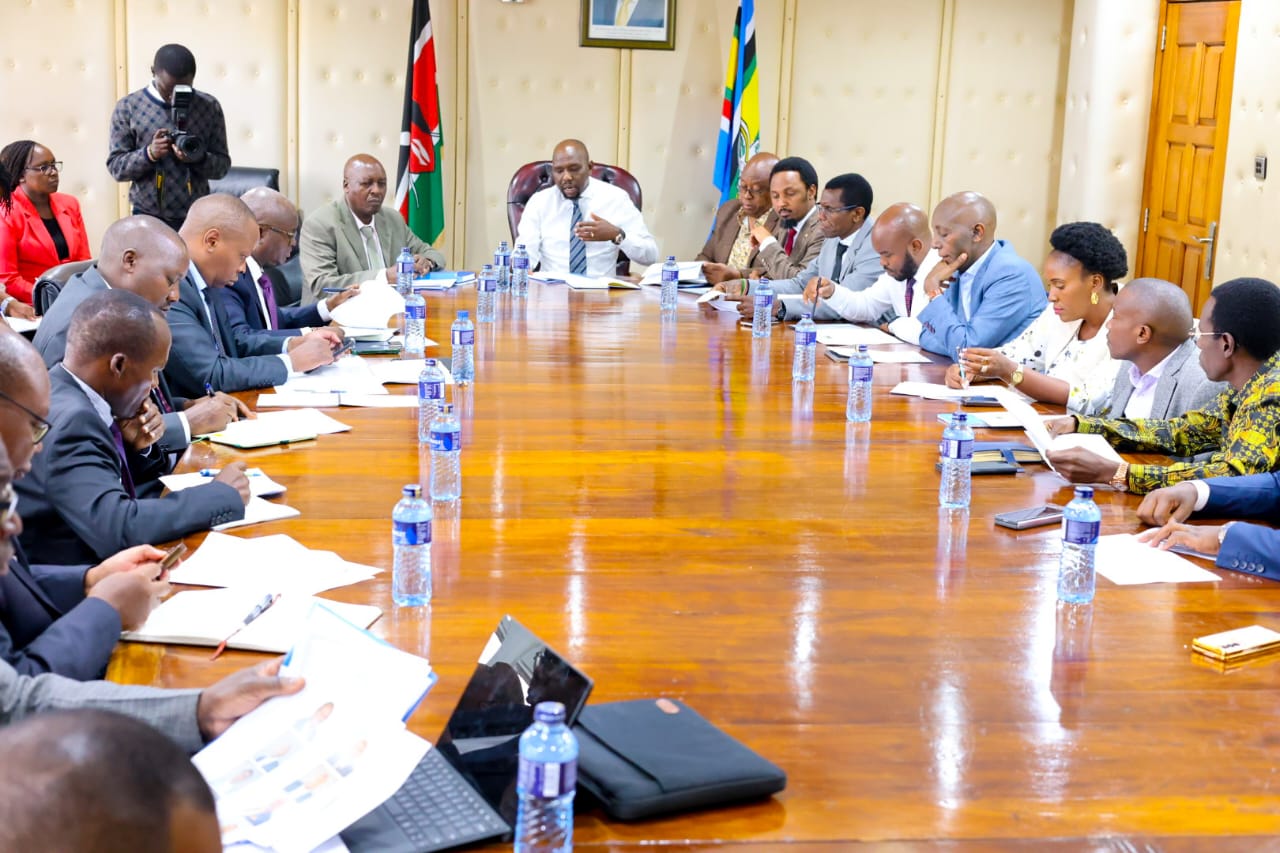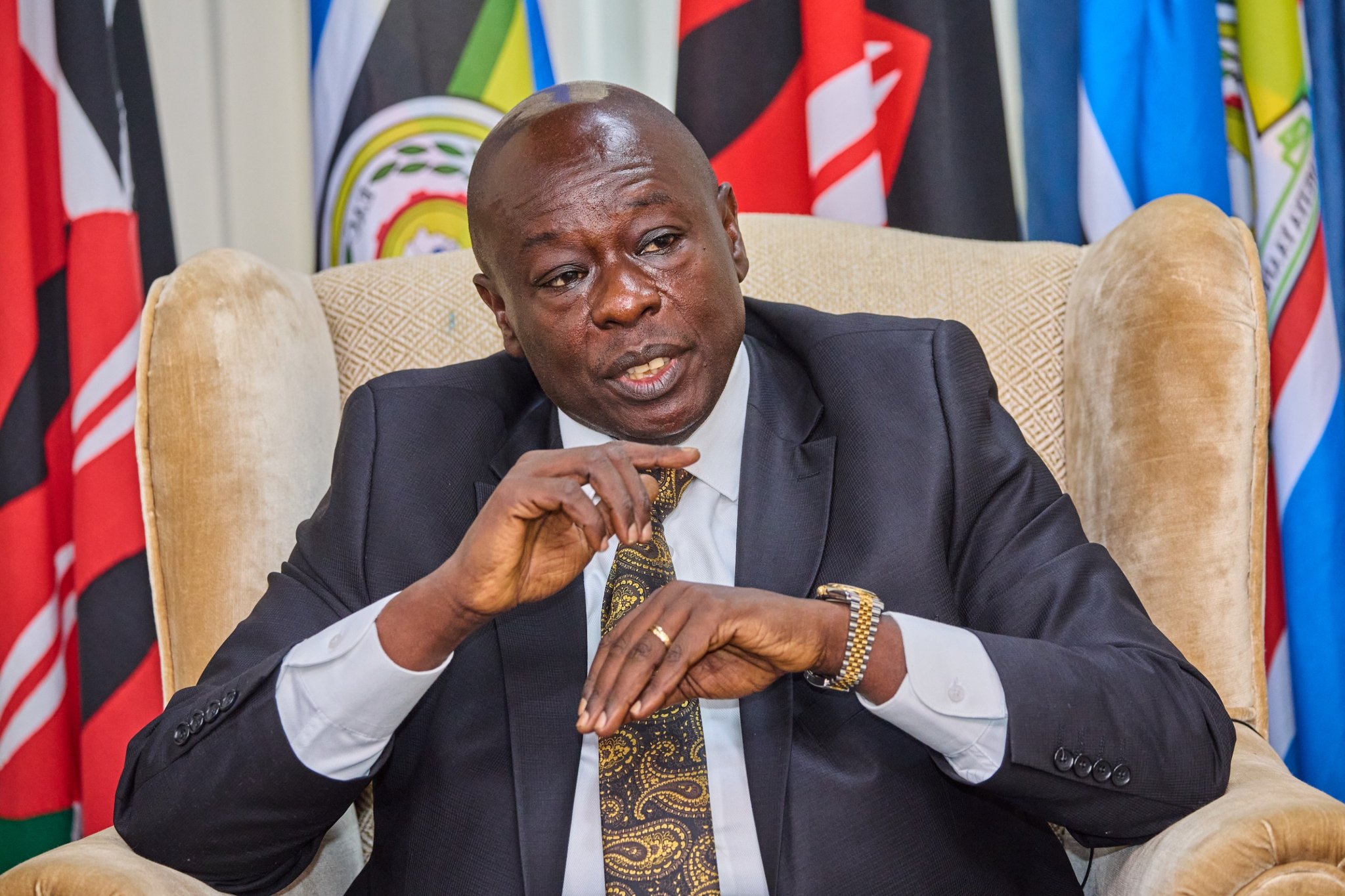President William Ruto has explained the latest development in Haiti that could help fast-track the deployment of police officers in that country.
In a statement, Ruto acknowledged the swearing-in of the Transitional Presidential Council (TPC) after Prime Minister Ariel Henry submitted his formal resignation.
The installation of the nine-member Transitional Presidential Council (TPC) marks the first step to forming a new government after months of chaos following gang warfare.
Ruto challenged the Council to expedite the process of establishing a recognised government of the Caribbean nation.

Read More
"The swearing-in of the Transitional Presidential Council (TPC) today is a crucial step in the political transition of Haiti. The TPC has the singular task of moving speedily to re-establish key organs of the State critical to the restoration of law and order and necessary for the ushering of hope to all Haitians as prescribed by the Decree of April 12, 2024," Ruto's statement read in part.
The Head of State assured the Transitional Presidential Council that Kenya stands ready to deploy police officers as agreed during the United Nations Security Council meeting.
In the UN treaty, Ruto agreed to deploy 1,000 police enforces to help restore peace in the violence-wracked Haiti. He even signed a treaty with Ariel days before he submitted his resignation letter.
The agreement was meant to help his administration evade legal battles that hampered the deployment mission.
"In implementing the roadmap contained in this political accord, Kenya stands ready and willing- in concert with a broad alliance of nations in Africa and CARICOM- committed to Haiti's stability, to rapidly execute the security support infrastructure envisaged under UN Security Council 2699 (2023)," Ruto insisted.
"Kenya assures the TPC of Haiti of its full support as it shepherds the country through this complex interregnum."






